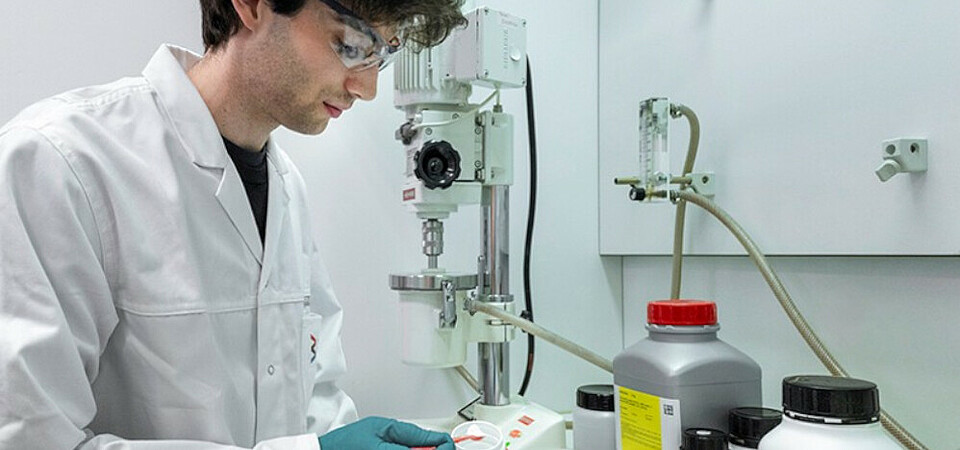Next-Gen Sodium Batteries: BAM's Breakthrough for Faster Charging

It's all about the right mix. The BAM team is developing special solid electrolytes based on sodium super ionic conductors (NASICON) - © BAM
Scientists at the Federal Institute for Materials Research and Testing (BAM) are developing promising alternatives to conventional lithium-ion batteries. According to a recent BAM press release, their innovative approach to solid-state batteries could lead to energy storage solutions that charge faster, last longer, and offer superior sustainability.
The breakthrough centers on a special solid electrolyte based on sodium super ionic conductors (NASICON). These materials provide high ionic conductivity at room temperature and remain chemically stable when exposed to potassium additives, especially when doped with hafnium. Since hafnium is rare and expensive, researchers are now testing more sustainable and widely available alternatives.
"In a study, we were able to show that a liquid alkali metal anode is a hundred times more powerful than conventional graphite anodes," explains Gustav Graeber, battery material expert at Humboldt University in Berlin and guest researcher at BAM. The team aims to transfer this technology's advantages to room temperature applications.
Complementing this research, BAM has partnered with Helmholtz-Zentrum Berlin (HZB) and Humboldt University Berlin (HU) to establish the Berlin Battery Lab. This collaboration will pool expertise from all three institutions to advance sustainable battery technologies, with facilities open to industry partners across Germany and Europe.
The new lab will leverage BAM's internationally recognized expertise in battery safety, HU Berlin's leadership in sodium-ion battery research, and HZB's capabilities in lithium-sulfur battery development. Together, they aim to accelerate the transition from research to industrial application - particularly important in today's increasingly protectionist trading environment.
"The planned establishment of the Berlin Battery Lab is a significant step for sustainable battery research in Germany," said BAM President Prof. Dr. Ulrich Panne, highlighting the initiative's potential to strengthen Berlin as a leading location for battery innovation and contribute to the global energy transition.
